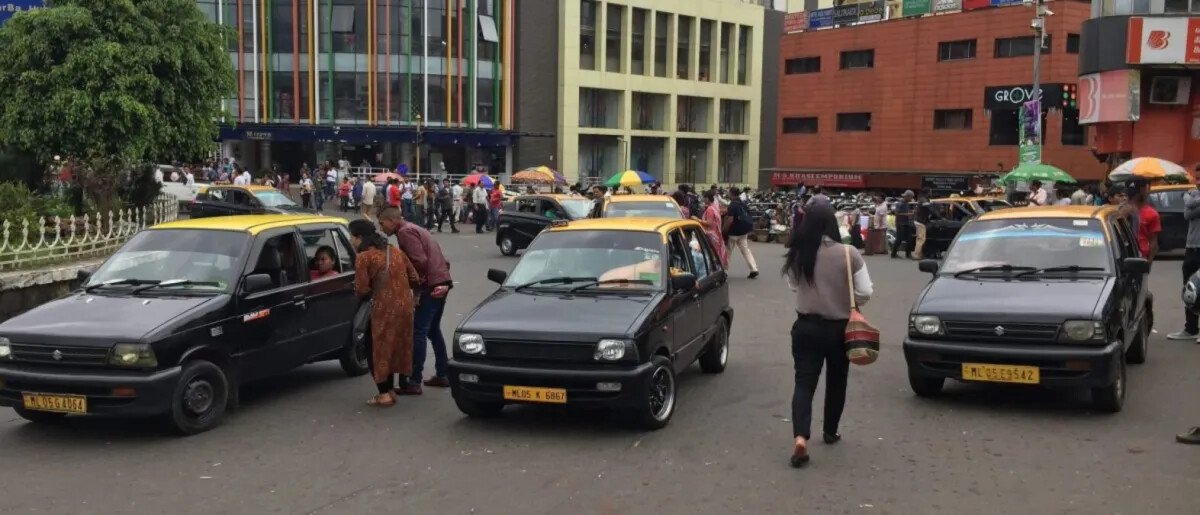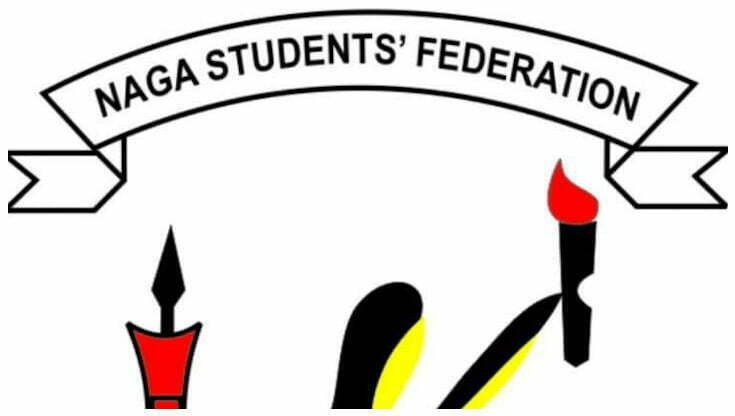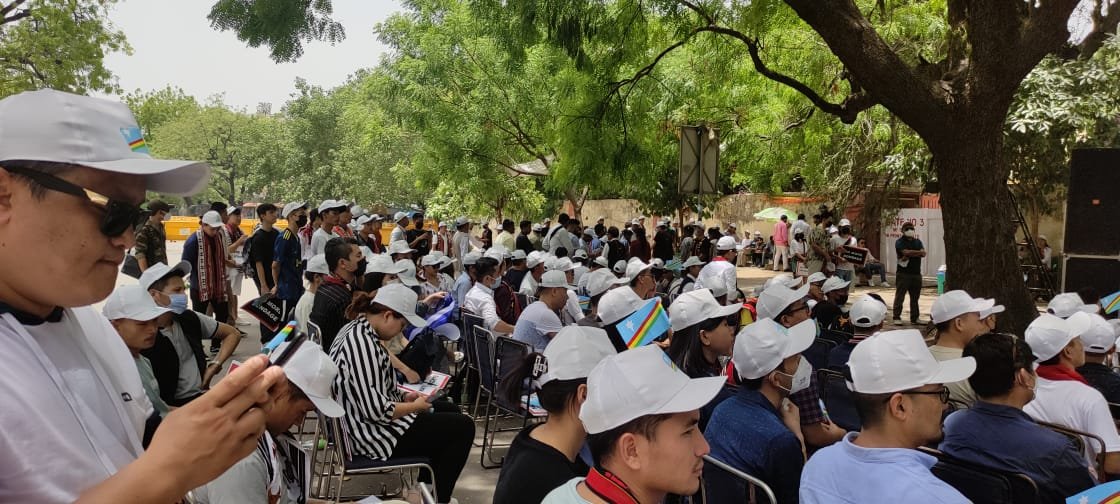HT DIGITAL
KOHIA, JULY 1: In a major step to safeguard the indigenous character of Nagaland and preserve its security mechanism, the Naga Students’ Federation’s Inner Line Regulation Commission has issued a stern advisory aimed at all inter-state and inter-district taxi operators, owners, and drivers. The advisory calls for strict compliance with the Bengal Eastern Frontier Regulation (BEFR) of 1873, which requires the application of the Inner Line Permit (ILP) system for non-indigenous persons entering the state.
The NSF stressed that adhering to the ILP is not just a mere administrative procedure but a fundamental constitutional and cultural obligation. The system works to preserve Nagaland’s distinctive demographic makeup, ecological landscape, and tribal culture. For the NSF, ILP is a safeguard legal mechanism that maintains the state’s distinctive socio-cultural identity.
As part of the new guidelines, transport operators are asked to check the ILP status of each passenger prior to allowing them to board. If a passenger is unable to present a valid ILP issued by the Government of Nagaland, the advisory recommends that services be refused courteously. Non-indigenous drivers will also need to have their own valid ILP and the All India Taxi Permit of the vehicle. These documents—both digital and hard copies—need to be easily accessible for instantaneous checks by law enforcement officers.
The NSF also warned that carrying passengers without a valid ILP amounts to unlawful conduct under Section 6 of the BEFR (1873). Such infractions may attract stringent punitive actions in the form of substantial fines, vehicle seizure, taxi permit cancellation, and potential legal action for endangering state-level security standards.
Reiterating the significance of the ILP system, the NSF characterized it as a regulatory provision vital to the conservation of Nagaland’s indigenous nature, ecological purity, and administrative harmony.












